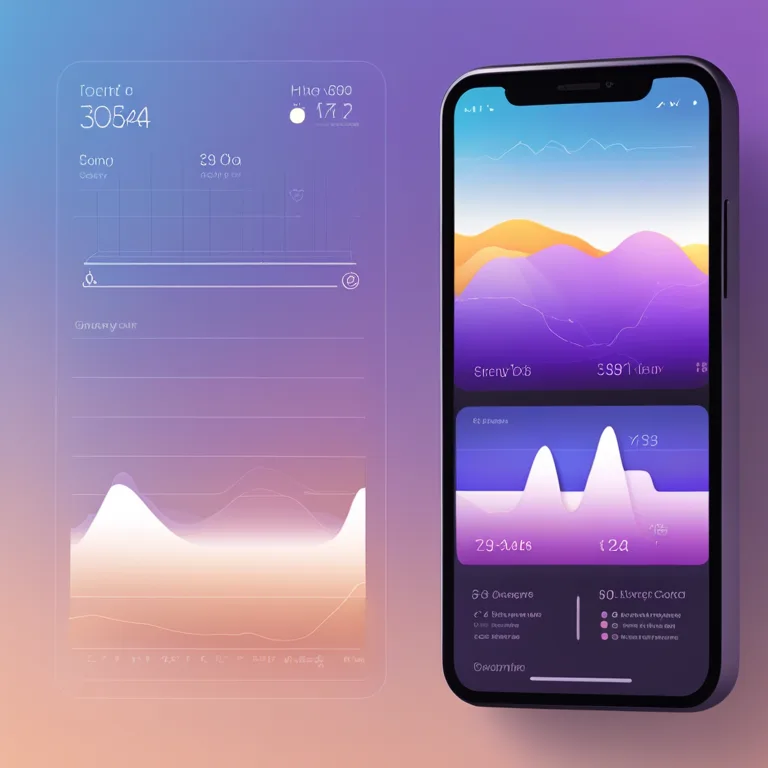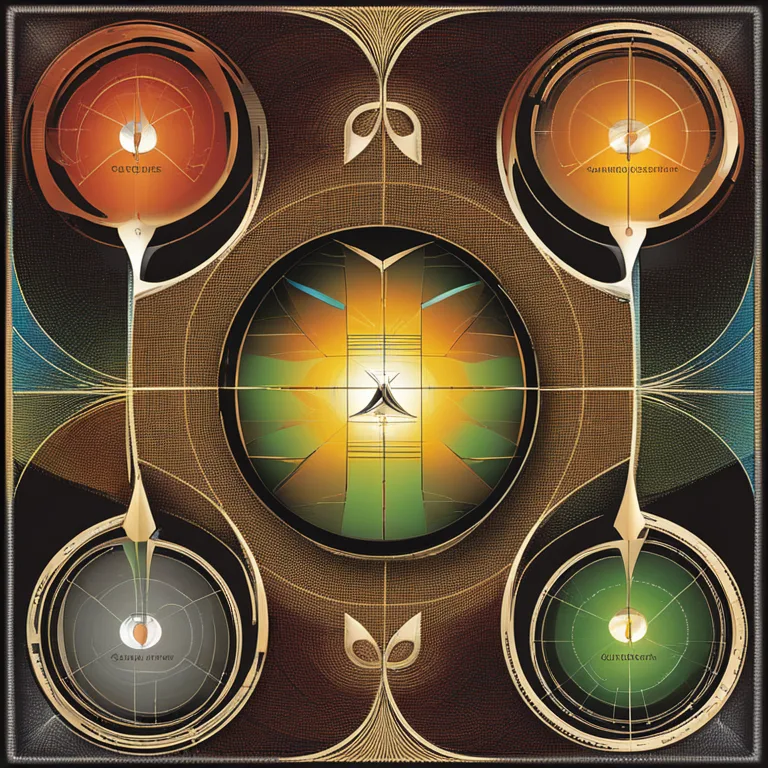
The Rhythms Within: Decoding Human Biorhythms
Discover the intricate patterns of human biorhythms and their impact on our daily lives, health, and personal growth.
article by Adrian Wallace
The Essence of Human Biorhythms
Biorhythms are hypothetical cycles believed to regulate various aspects of human physiology and behavior. This concept stems from the idea that our lives are influenced by natural rhythmic patterns: physical, emotional, and intellectual. The theory posits that understanding these patterns can provide insight into individual well-being and performance tendencies. Heavily researched and debated over the years, biorhythms strive to map out the highs and lows of our condition over a set period.

Physical, Emotional, and Intellectual Cycles
Typically, biorhythm models break down into three main cycles: a 23-day physical, a 28-day emotional, and a 33-day intellectual one. Each cycle is considered to start at a neutral point at birth and oscillate between positive and negative phases. The physical cycle governs hand-eye coordination and stamina, the emotional cycle affects mood and creativity, while the intellectual cycle is said to influence analytical thinking and reasoning.

Biorhythms Today: A Scientific Perspective
As of 2024, the scientific community remains skeptical about biorhythms due to a lack of empirical evidence. Nevertheless, technology continues to enable advanced tracking of personal patterns, giving some individuals a renewed interest. While not classified as science, understanding personal cycles is sometimes regarded as a tool for increasing self-awareness and fostering personal growth.

Tracking and Charting Biorhythms
Advancements in wearable technology and apps have made tracking biorhythms more accessible than ever. Users can input their birth data and track their cycles, receiving predictions and analyses. These programs aim to help users plan activities in tune with their optimal periods and avoid demanding tasks during predicted downtimes.

Applying Biorhythms in Daily Life
Some proponents of biorhythms suggest considering these cycles when scheduling events such as job interviews, competitions, or romantic dates to maximize favorable outcomes. Awareness of one's emotional and intellectual cycles might also aid in improving communication and decision-making. While the effectiveness is not scientifically proven, personal testimony fuels the continuous interest in biorhythms' practical applications.
Critiques and Controversies
Criticism of biorhythms often revolves around the lack of consistent, reproducible evidence and the tendency to attribute complex systems to oversimplified patterns. Critics argue that human life is rarely predictable, and biorhythms may inadvertently encourage a deterministic outlook, dissuading individuals from proactive life management.
Biorhythms: A Personal Tool for Self-Reflection
Regardless of the debates, the concept of biorhythms can be a fascinating subject for those interested in personal dynamics and self-improvement. As an introspective tool, it offers a structured way to reflect on one's patterns and rhythms, potentially providing a source of comfort and self-knowledge for enthusiasts.
Published: 12/28/2023
Modified: 12/28/2023
More predictions
Come back here soon to learn more about yourself and your future


Biorhythm Compatibility & Birthdays
Discover the intriguing connection between your birthday biorhythms and relationship harmony in our insightful article.


Exploring Human Biorhythmic Cycles
Explore the fascinating concept of biorhythms and their influence on physical, emotional, and intellectual faculties in humans.


Biorhythm Compatibility: Fact Or Myth?
Explore the concept of biorhythm compatibility to discover if there's a real connection between our biocycles and relationship harmony.